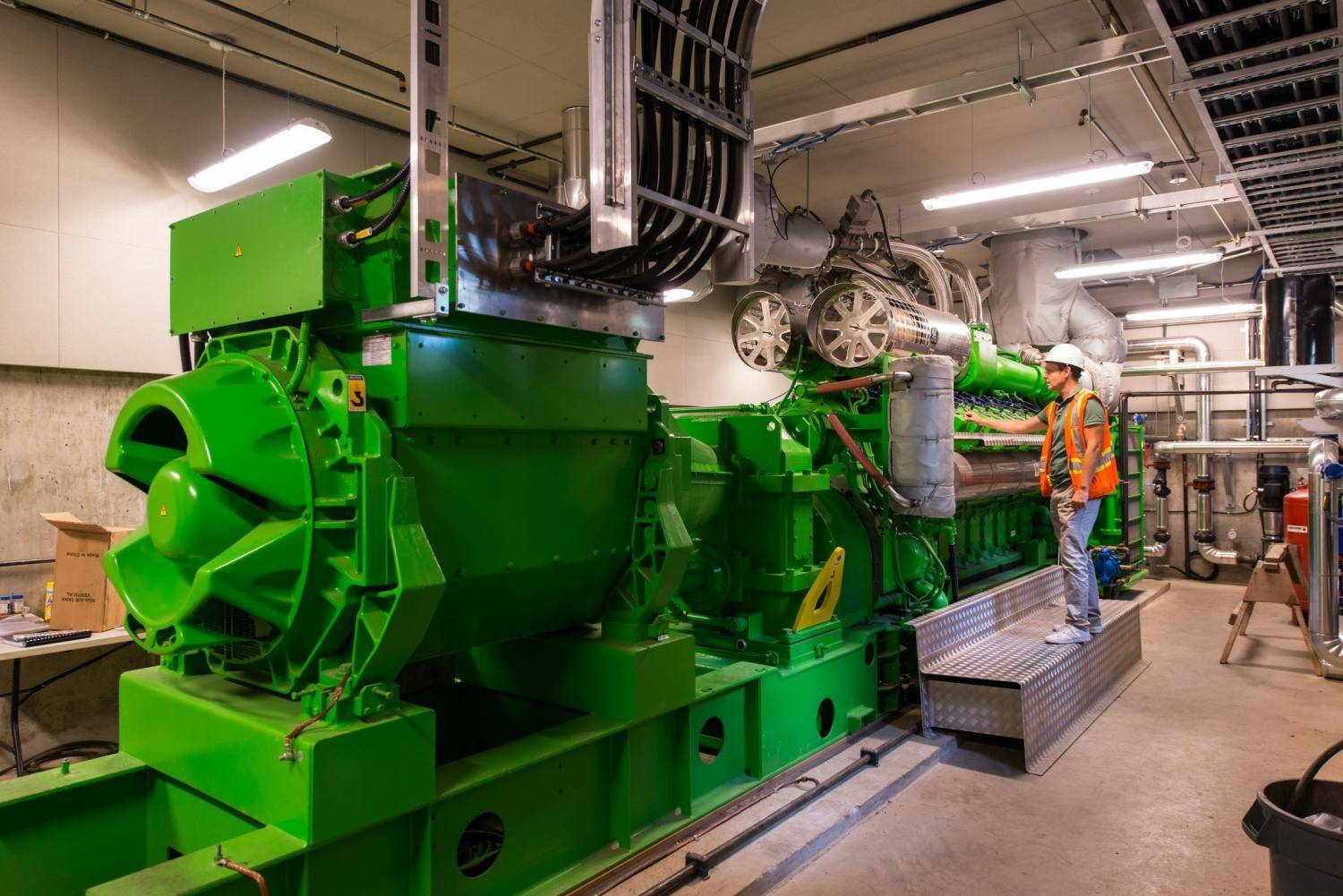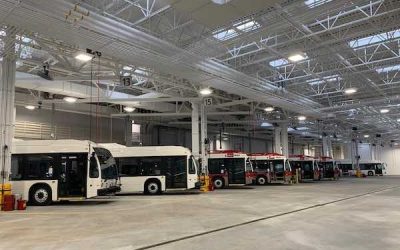Application of Blockchain Technology in the Clean Energy Sector
Distributed ledger technology, also known as blockchain, can potentially enable low-carbon transition and sustainability. Since it provides transparency, distributed ledger technology may reduce the cost and improve the efficiency in the operation of the energy systems. However, key challenges associated with blockchain systems include scalability, user privacy, governance, and the degree of decentralization. This project aims to understand how distributed ledger technology would work with a focus on renewable natural gas and differentiated fossil natural gas. The economic and environmental impact assessment will be performed to inform the decision-makers about this emerging technology in the context of British Columbia’s natural gas supply chain.
Lead Researcher

CHEN FENG, Assistant Professor
School of Engineering, UBC-O

HARISH KRISHNAN, Professor
Sauder School of Business
Policy and Decision Support
CNG vs Battery Electric Buses in Alberta
Municipalities are evaluating the potential for low emissions solutions to...
LNG as Ship Fuel White Paper
Shipping is a significant contributor to global air pollution and greenhouse...
Why Collaborate with Natural Gas Futures
Natural Gas Futures actively collaborates with a wide range of partners and is eager to develop new partnerships that will facilitate the environmental and economical use of natural gas fuel. We are committed to providing viable technologies and solutions in the context of our partners needs and constraints.






